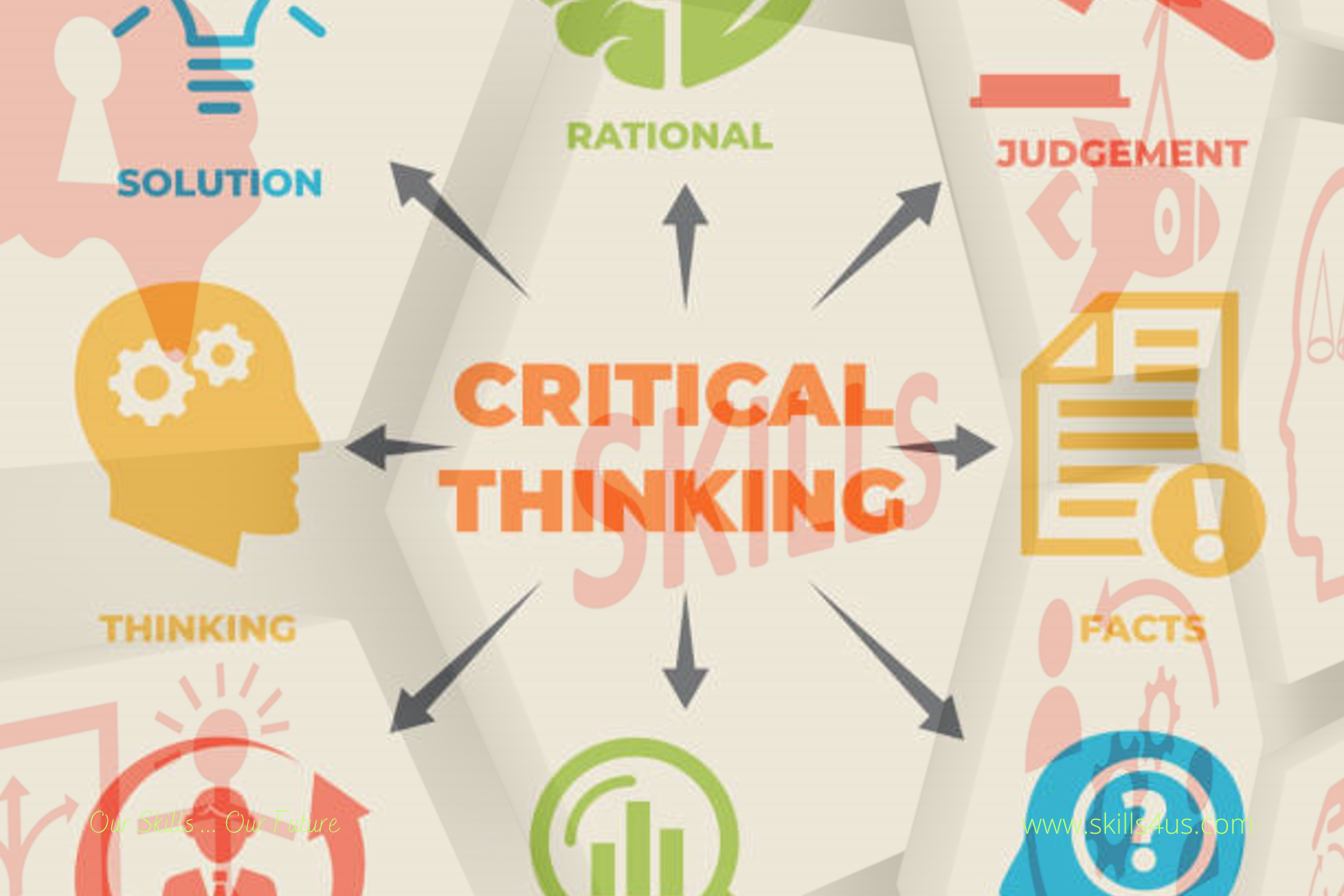Critical thinking does not mean being constantly negative or critical of everything. Critical thinking helps us find any flaw in our decision-making process. And helps us reach a better outcome by eliminating those flaws. Critical thinking analyzes issues based on clear evidence rather than personal opinions, biases, etc., to comprehensively understand what is happening. In short, no matter what you do, you must have this set of decision-making skills; For this, you must be able to think critically and act quickly. And from this comprehensive understanding, you can make better decisions and solve problems more effectively. If you still doubt your ability to think critically or wonder what you need to do to improve and develop. developing critical thinking skills, here are the following steps that will help you:
1. Know precisely what you want
As a leader, every decision you make has a goal or purpose, and defining precisely what that is so what you want gives you a starting point to work with. Knowing that knowing precisely what you want is the first step, and therefore you must think critically to solve problems to achieve their goals.
2. Think from different perspectives
We often think only from our perspective when dealing with problems. However, thinking from a different point of view helps with critical thinking and decision-making and gives you a clearer picture of the overall situation. By allowing yourself to think from different perspectives, you may reach solutions you hadn’t considered before.
3. Learn and gain knowledge
A reluctance to learn, research, or acquire new knowledge will hinder you and will not help you think critically. By taking the time to research and focus on learning, you will develop and adapt to navigate new situations and improve your critical thinking over time.
4. Learn from your mistakes
It’s okay to make mistakes sometimes; no matter who we are, we all make them. However, most of us do not accept this fact which prevents us from thinking critically. As long as you’ve been doing something wrong and keep doing it repeatedly because you already assumed you could never go wrong, you have to change, consider new options, and see your mistakes as a learning opportunity.
5. Part things
Seeing the big picture is great, but it’s also better to break things down into smaller parts, as smaller parts are easier to handle mentally. Knowing that working with many small parts is an easier task than trying to solve the bigger picture, which can become too much.
So try to think of it in terms of steps by making a list and prioritizing chronologically. Furthermore, by taking a big problem and breaking it down into several parts, you allow yourself to start looking at solutions head-on and save effort and time.
6. Don’t overthink
It’s essential to think things through, knowing that it only makes things difficult if you start to overthink. So you have to discover the fine line between positive thinking and overthinking.
7. Ask questions
The more questions you ask, your curiosity and desire to learn increase. Also, the questions will clarify your thinking, and conceptualization and analysis will become easier. In addition, you will have many options available to help you make the right decision.
8. Listen actively
You will ask many questions to fulfill your mission but to know the answers, and you have to listen actively. Knowing that excellent and active listening to different people’s ideas and opinions will help you decide and find appropriate solutions to all your problems. Therefore, listen carefully to what other people tell you, and try to form a clear picture of their point of view without making prejudices. Also, remember that critical thinking is about keeping an open mind.
9. Form your own opinions
Remember, critical thinking is about independent thinking. So once you have evaluated all the information, form your conclusions about it.
Developing critical thinking skills requires focused work. Think about what you already have and what you might need to improve. In addition, consider setting goals and adopting practices to help you build the critical thinking skills needed to succeed in your career.
